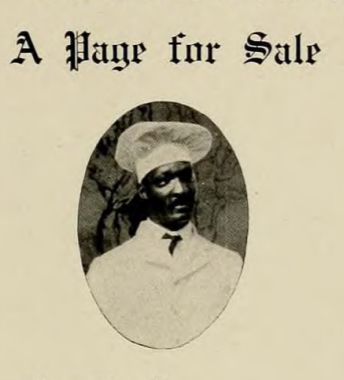NB: I started this post in 2019 but completed/updated it in response to JMU’s July 2020 decision to remove the names of Confederate officers from campus buildings. This post references historic examples of racist and oppressive imagery and language.
In 2019, some Kappa Alpha brothers from Ole Miss made headlines when they used Emmett Till’s memorial marker for target practice and reignited old debates about fraternities and other student orgs that invoke the Lost Cause. The Kappa Alpha Order, a fraternity established in 1865 at Washington College in Virginia, claims Confederate General Robert E. Lee as its “spiritual founder,” and is widely recognized by historians for its veneration of the Old South and its particular brand of white, Southern masculinity. Lee became their icon because he served as president of that college from 1865 to his death in 1870, when campus authorities renamed it Washington and Lee. KA chapters expanded over time, and by the 1950s and 1960s, were widely known for hosting elaborate “plantation” parties, flying Confederate flags, and actively opposing efforts to desegregate higher education. (Turner, Coski) JMU’s KA chapter dates to the 1994-95 academic year, when opposition to affirmative action admissions was nationally prominent, and this campus, like many others, struggled over its diversity initiatives (Breeze, 1990-2000). This post connects modern JMU student organizations’ Lost Cause activities to earlier forms, like the Lee Literary Society, and reflects on their impact on white and Black student belongingness and campus culture. [read more]
Continue reading →

